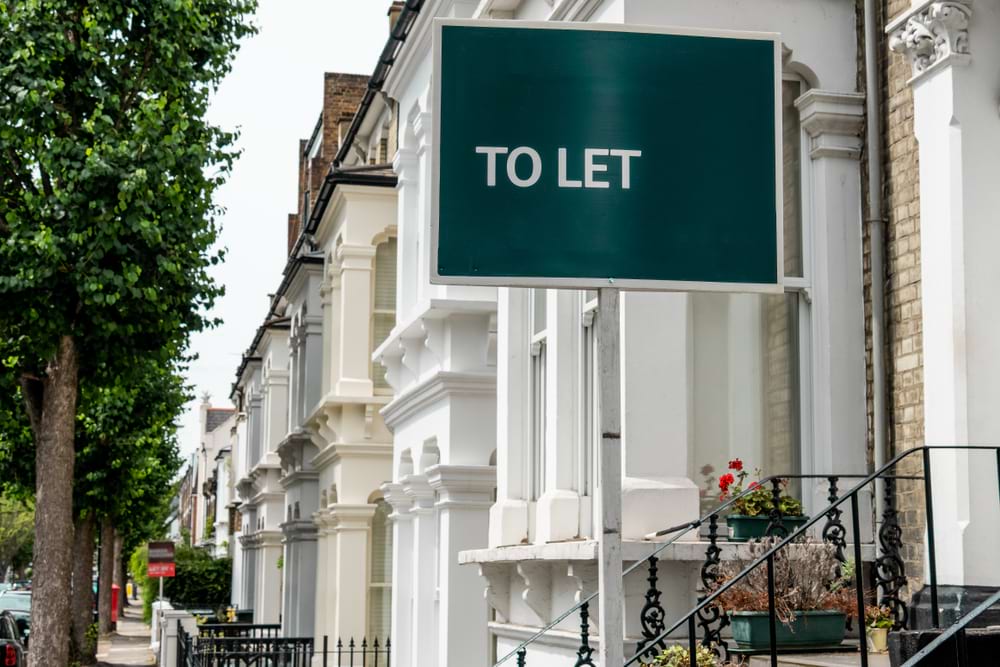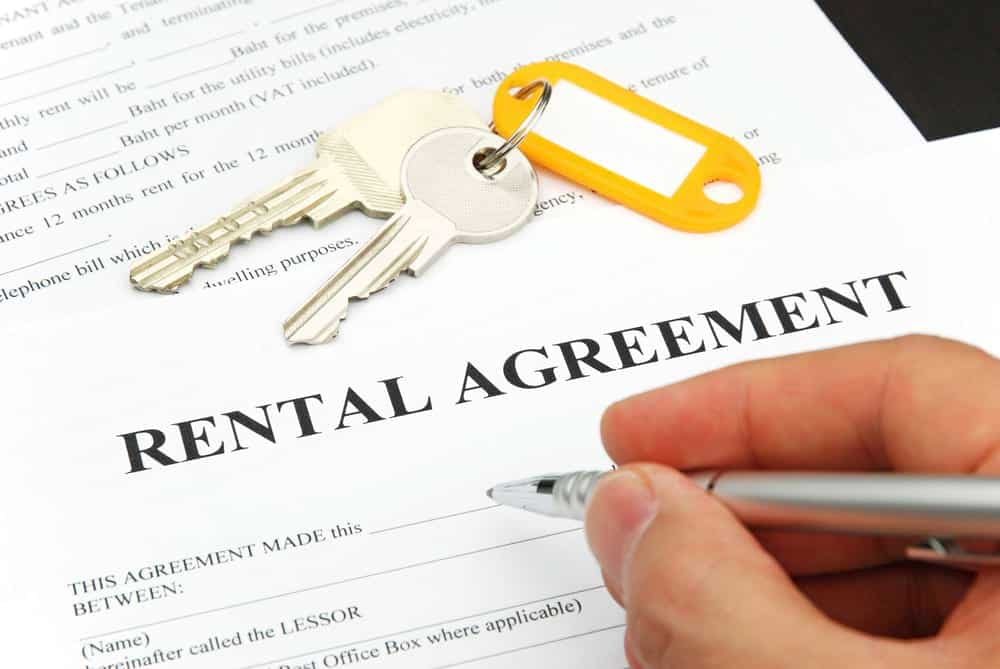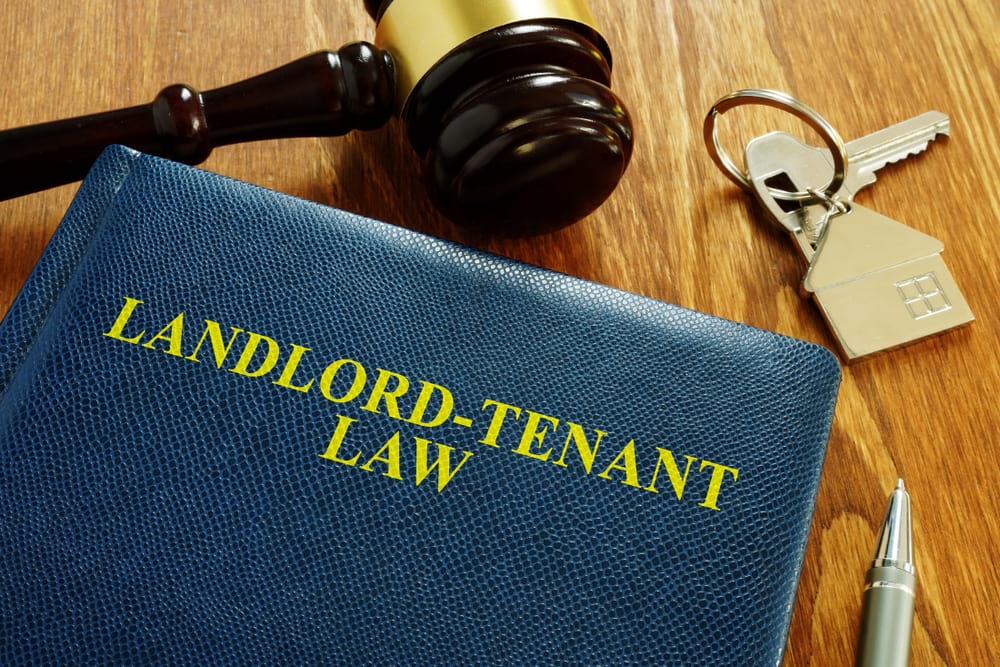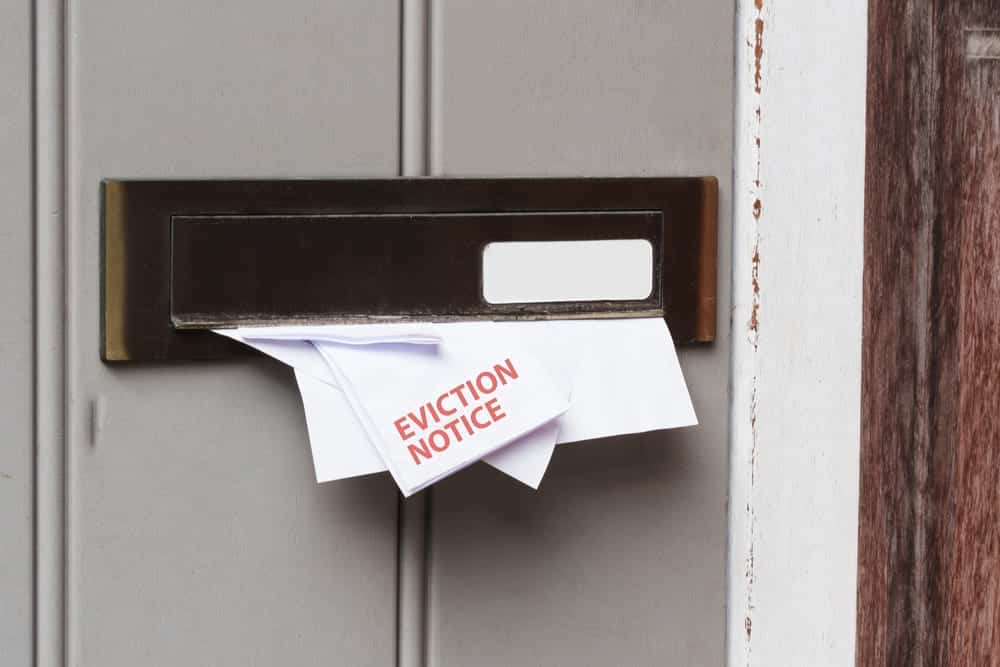When a landlord decides to sell a property, their tenants worry.
However, tenants have certain rights designed to protect them during this process.
This blog will explore tenants’ rights when their landlord is selling.
Am I required to move out when my landlord wants to sell?
Tenants are not automatically required to move out. This is because the landlord decides to sell a tenanted property.
The tenancy agreement is a crucial document. Terms listed in it can remain binding on the new owner if the property is sold.
It’s important to remember that this agreement provides a legal framework for your stay. And it protects your rights as a tenant.
Can I be evicted when my landlord sells?
Landlords can evict tenants simply because they intend to sell. This process is a ‘no-fault’ eviction.
However, there is specific criteria must for this to be possible.
For example, with the most common tenancy type: assured shorthold tenancy agreements. This grants tenants the right to remain in a property for the entire contract length.
The new owner will take on the existing tenancy.
However, if the fixed term has ended and the landlord wants to sell, they can serve notice by the tenancy terms.
Usually, a Section 21 no-fault eviction notice gives tenants two months to vacate.
But landlords cannot just cut tenancies short because they are selling.
Can I contest an eviction notice?
Yes, tenants can contest eviction notices. Examples of this include:
- The Section 21 notice is invalid because it does not give the two months’ notice
- The landlord has acted unlawfully in serving notice by discriminating against tenants
Tenants can seek legal advice and write to the landlord explaining why the notice is invalid.
The landlord may reconsider, or tenants can raise a defence if an eviction claim goes to court.
However, contesting a no-fault Section 21 notice is easier if issued correctly.
Misunderstandings
Come evictions or attempted evictions might come about because of misunderstandings.
For example, a landlord might dislike a tenant starting a business from their property.
However, as long as 40% of the property or less is used as a business, this is fine.
Obviously, if a tenant attempts to transform a property into a full commercial property, the landlord has a case for eviction…
Or they might not know that sitting tenants don’t devalue a property in all situations. (They can, for example, often sell a tenanted property to cash house buyers).
Can I prevent my landlord from selling the property?
In most cases, tenants cannot prevent their landlord from selling their rented home. Landlords have the right to sell their investment properties.
Some tenants may take steps intended to delay, complicate, or deter a sale by:
- Refuse access for viewings, making it harder to sell. But, this could antagonise the landlord
- Raise a disrepair claim, requesting urgent repairs before the sale. This can slow down the process
- Apply to the local council to restrict permitted development rights on the property. This removes the buyer’s automatic right to make specific changes
- Apply for a new statutory tenancy when the fixed term ends. Note that this only applies to a few longstanding tenancies
It’s important to understand that tenants have limited power to stop a landlord from selling.
However, once notice is served, tenants know they can contest it or negotiate with the buyer.
Understanding the situation can help tenants manage their expectations. And it can make them feel more in control of their circumstances.
Do I legally get first refusal on my landlord’s property?
Landlords have no legal obligation to offer their tenants first refusal on a property.
Tenants only have a ‘right of first refusal’ to buy if this is included in the tenancy agreement, which is very rare.
Landlords can sell to whomever they choose through an estate agent.
Some landlords may be open to selling directly to a tenant but have no legal duty.
Tenants may want to negotiate with the landlord before the property is advertised. But the landlord has no obligation to accept any offer tenants make.
Why are lots of UK landlords selling their properties?
Research shows landlords are increasingly choosing to sell their properties. Many exit the market.
There are a few likely reasons for this trend:
Stricter tax rules
Changes to mortgage interest tax relief have increased landlord costs. This makes their work in letting less profitable.
Selling allows landlords to release assets and reduce tax bills.
Increased regulation
New safety, property conditions, and licensing laws have increased landlords’ obligations.
They make making letting more risky, complex, and expensive.
Poor returns
High property prices ands stagnant rents in some regions mean lower landlords’ yields. This prompts them to take profits by selling.
Economic uncertainty
The prospect of higher interest rates and recession makes landlords wary about investing. Selling allows them to withdraw equity.
While this can disrupt tenants when landlords sell up. Stronger regulations aim to drive up standards in the rental sector.
Most tenants still prefer the flexibility of renting than buying their own home.
Do I have to comply with house viewings?
When a property is sold, the landlord or estate agent will want to arrange viewings to market the home. Tenants’ cooperation is required to provide access, but they have rights.
By law, landlords must give tenants at least 24 hours notice before entering the property. This applies in general and to conducting viewings. The notice must specify the exact time access is required.
If the visit is at short notice or unsuitable, tenants can:
- Propose a different time for the viewing
- Request to be present during the viewing
- Refuse access if 24 hours notice is not given. Although obstructing reasonable access could lead to eviction.
Tenants do not have to keep the property in a specific condition for viewings.
And landlords cannot expect tenants to make additional preparations.
Tenants should compromise on convenient viewing times.
If landlords want vacant possession for open house viewing after tenants leave, this would only be by mutual agreement.
Is my new landlord allowed to increase the rent?
A new landlord cannot usually increase rent after taking ownership of a property.
They must inherit the existing tenancy on the same terms. So, during any fixed term, rents can remain the same.
However, once the fixed term ends, the new landlord can seek to increase the rent.
To increase rent, a landlord must
- Serving any contractual notice to increase the rent – usually 1-2 months
- The proposed new rent is realistic and aligned with local market rents. Significant increases could risk a referral to a rent tribunal.
- They negotiate with the tenant if they are unhappy with the proposed increase.
Tenants who receive a new tenancy agreement with increased rent have a few options. These include:
- Try to negotiate
- Provide evidence if the rent is excessive
- Challenge any unfair practices before accepting or rejecting the new terms
- Move elsewhere
Other rights that tenants have during the selling process
Other tenant rights and considerations during the selling process include:
- Proper protocols for accessing the property for valuations and viewings must be followed. They cannot interfere with tenants’ reasonable enjoyment of their home.
- Harassment of tenants to make them leave early is unlawful. Tenants can report coercive behaviour to local trading standards.
- If tenants have yet to be informed via a notice, they must be given direct contact details for the new landlord.
- Any deposit must be transferred to the new landlord’s or agent’s custodianship. Tenants should ensure this is carried out correctly.
When signing a new agreement, tenants should first review them carefully. Checking for unfair terms or excessive agency fees is essential. It may be possible to negotiate improvements.
Click on the link to read our blog for guidance on a landlord’s rights when selling a tenanted property.




















